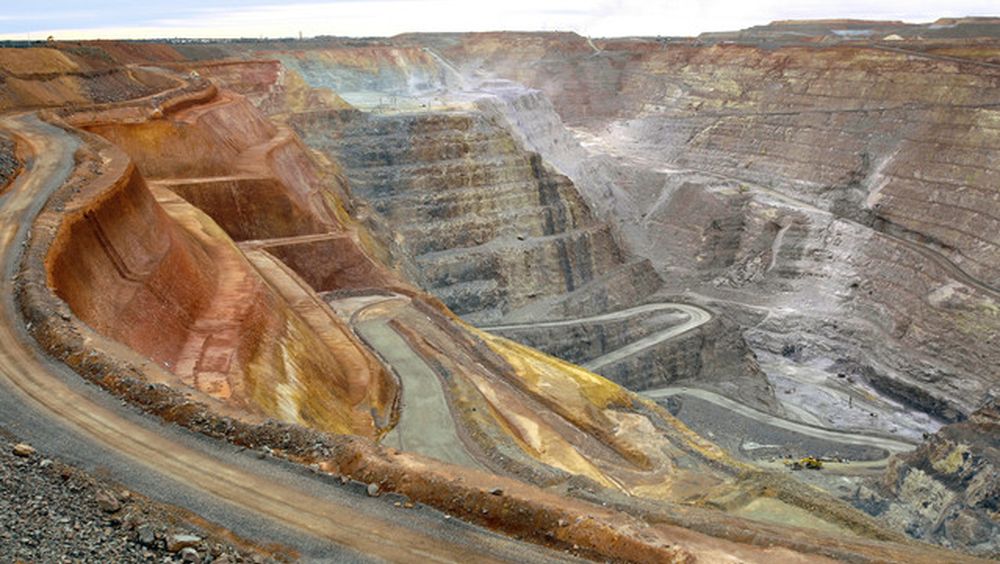The Metallurgy Corporation of China (MCC) will pocket 80 percent of the profits from the freshly-inked Saindak Copper-Gold Project, while the remainder will go to Pakistan.
‘The Unrealized Potential’ report released by the Pakistan Institute of Development Economics (PIDE) addresses Balochistan and how its inhabitants have been recently wronged at the expense of its natural resources.
The report reads: “One of the major complaints of the people of Balochistan is that although the province is resource-rich, the benefits of abundant resources have not accrued to the province’s residents, at least not to an average Baloch. The oft-cited example is that of the Saindak Copper Project”.
According to the agreement, on the one hand, China’s MCC will pocket 80 percent of the total profits. On the other hand, the federal government of Pakistan will make just 18 percent while the Government of Balochistan will receive only a bite-sized two percent of the total profits.
The provincial government holds 35 percent shares in the project while the federal government owns 15 percent, and the remaining 50 percent stakes are held by the MCC.
The report highlights how the Hub Industrial Estate, which was created to boost investment and industrial activity in the province, has so far been unable to benefit Balochistan. “Even the Hub workforce is mostly from Karachi and Sindh,” it highlighted.
Low Investments
The report explains that Balochistan has the lowest gross fixed capital formation (GFCF) in general government services among Pakistan’s four provinces. According to the Pakistan Economic Survey 2020-21, the GFCF in general government services in Balochistan was Rs. 144.5 billion as compared to Rs. 221.0 billion in Punjab, Rs. 227.6 billion in Sindh, and Rs. 183.8 billion in Khyber Pakhtunkhwa.
In terms of other indicators, such as literacy rate and labor force participation rates (LFPR), the report remarked that private investment in Balochistan is quite low. “Low investment in Quetta and Balochistan is puzzling because, apparently, there are many investment opportunities in the region,” it said.
Transportation and Smuggling
The closure of the Taftan and Chaman crossings has significantly harmed informal trade (smuggling) between Pakistan and Iran, as well as Afghanistan. The report suggests that individuals had relied on these trading routes for their livelihood but they have now lost those options. It read: “Even when traders possess the proper import documents, the trucks containing imported goods are stopped at no less than 20 places starting from the Chaman and Taftan borders to other cities and provinces. It delays the merchandise reaching its destinations, increases the cost due to the speed money paid, and creates frustration among the traders”.
Education
Another problem is the lack of education and a skilled labor force in Balochistan. Although education-related indicators — gross enrolment rate and development expenditure on education — are higher in Balochistan when compared to Sindh, they are quite low in comparison with Punjab and Khyber Pakhtunkhwa.
Water
The report also indicates that Balochistan’s water situation is worsening. It detailed that “Hardly 20 percent of localities are connected to the WASA water supply system. While the government believes that Quetta’s water issue would be resolved through Mangi Dam, the business community believes that the Mangi Dam water will be diverted to Defense Housing Authority (DHA) Quetta. DHA Quetta is under construction and is believed to accommodate 30,000 houses in the next ten years. Thus, Mangi Dam might resolve the problem of water availability for the future DHA residents, while the rest of the localities’ water problem would remain if it does not worsen”.
The report even warned that the lack of water is not only a cause of concern for households but is also a threat to the sustainability of agriculture, especially the apple orchards in and around the city of Quetta. Moreover, the spread of real estate and water scarcity is driving farmers away from apple cultivation.
In summary, the report urges the authorities to “address and remove” reservations of the people of Balochistan. It implores that Balochistan is “too important and large a province to be left hanging in the status quo,” and mentions that with the right policies and proper planning, the province can play a significant role in boosting Pakistan’s economy.

























